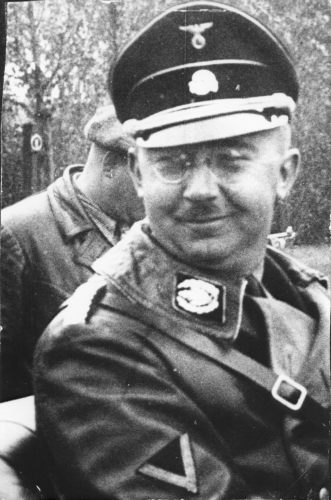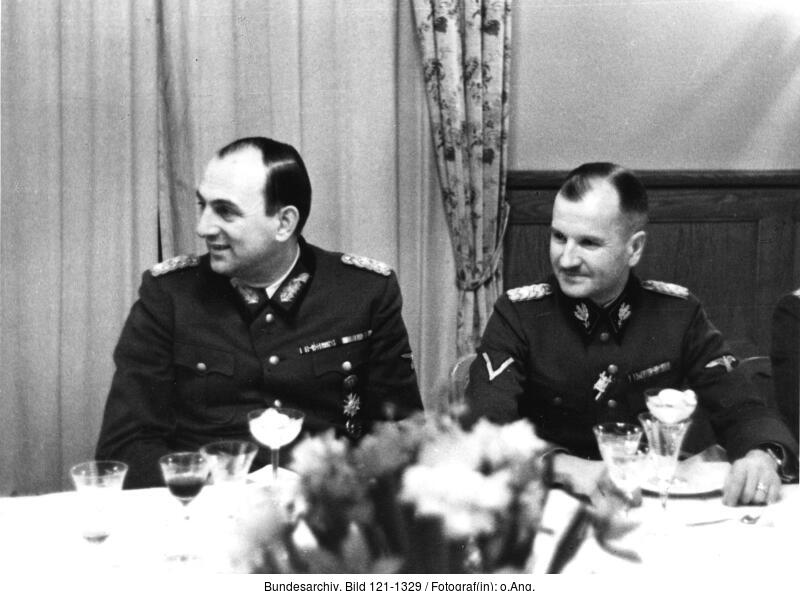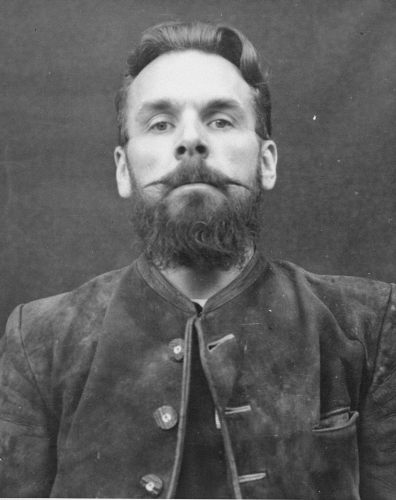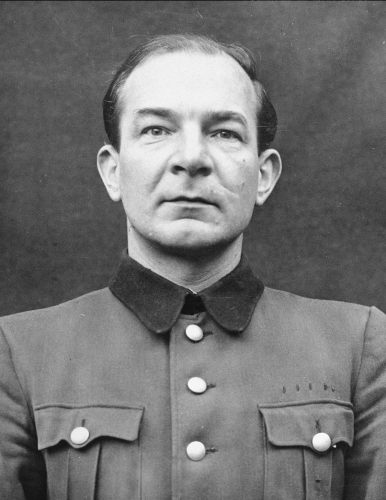The crimes committed in Auschwitz Concentration Camp hold an exceptional place in the vast literature on the Second World War. Even though the German Nazis created many concentration camps, the scale and variety of ways for depriving inmates of life and health remains the most extensive in Auschwitz, while the progress of academic research brings ever new details supporting the opinions of the survivors about the intentional endeavours of the camp’s command.
This is also the case with the medical experiments conducted in concentration camps, a subject present both in the memories of the survivors of the Shoah, and also in the few preserved camp documents. Most information on pseudo-medical experiments conducted by SS physicians at KL Auschwitz can be found in numerous works by Irena Strzelecka, and also by Stanisław Kłodziński and Władysław Fejkiel, published in “Przegląd Lekarski – Oświęcim”.




